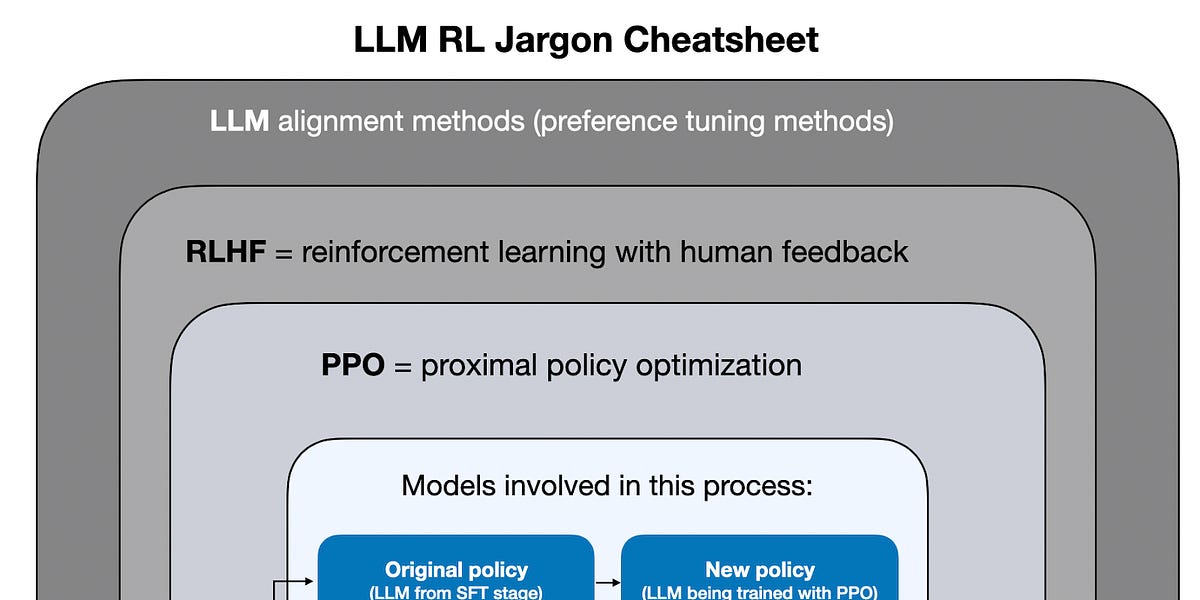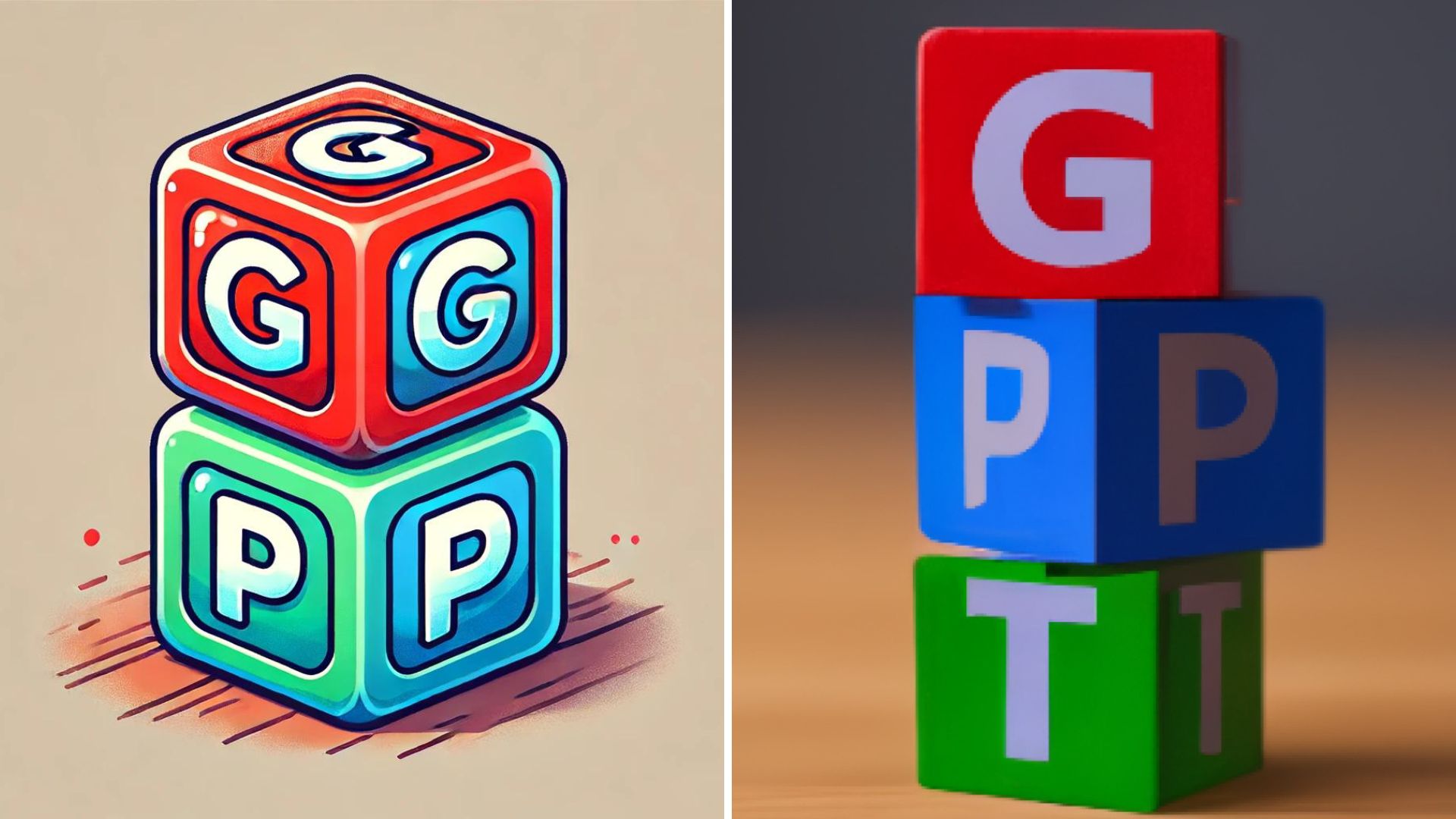ChatGPT adoption is rising among users. According to Similarweb, it is now on the verge of surpassing X in the global ranking of the top five most-visited websites, based on both desktop and mobile traffic. Moreover, a report by Appfigures revealed that ChatGPT overtook social media giants Instagram and TikTok to become the most downloaded app worldwide in March.
OpenAI chief Sam Altman wrote in a post on X, “OpenAI usage has gone nuts over the past month.” “But a surprisingly cool thing is, you can ask the internet, ‘Hey, can we please get hundreds of thousands more GPUs quickly?’ and the internet will deliver,” he even joked.
He went on to emphasise how much he enjoys dedicating more time to research and product. “This is the most fun I’ve had since the early days when OpenAI was just a quiet little research lab,” he quipped.
Addressing a recent TED talk, Altman revealed that ChatGPT has currently reached 500 million weekly active users, including both free and paid. In comparison, WhatsApp reached 500 million monthly active users in April 2014, more than four years after its launch in November 2009.
He added that the company’s vision is to create the best possible product—one where people interact with highly intelligent models. He also highlighted ChatGPT’s memory feature, which allows the model to remember past conversations for better context and continuity. Looking ahead, he believes people will eventually talk with ChatGPT throughout their day.
“You will talk to ChatGPT over the course of your life, and someday—maybe, if you want—it’ll be listening to you throughout the day, sort of observing what you’re doing. It’ll get to know you, and it’ll become this extension of yourself.”
However, only a tiny share of subscribers are actually paying for the service. ChatGPT Plus, which is priced at $20 per month, makes up most of the paid users. According to a recent report from The Information, ChatGPT has hit 20 million paid subscribers.
In a conversation with AIM, Deedy Das from Menlo Ventures, who’s invested in Anthropic, a competitor of OpenAI, said that revenue isn’t OpenAI’s primary focus right now. “They are focused on growth. Eventually, they will optimise how to drive subscriptions and create an ad network.”
“If you can get to two billion users and $50 average revenue per user (not far from what Google and Facebook have achieved) that’s a $100 billion revenue company or a $1 trillion valuation,” Das added.
ChatGPT’s monthly revenue has climbed to over $415 million, putting it on track for $5 billion annually—up 30% from $333 million per month at the end of last year.
Das noted that OpenAI isn’t under significant pressure to be profitable, not even from investors. For now, the focus is on scale, which follows the startup playbook where profit comes only after growth.
While ChatGPT’s numbers continue to surge, its rival Google Gemini recorded 284.1 million total visits in February this year—significantly lower than OpenAI’s weekly active user count. Of Gemini’s visits, 193.3 million came from desktop, and 90.83 million from mobile.
In 2024, ChatGPT dominated the market with 40 billion visits, an increase of 15.1 billion from the previous year, capturing 39.56% of all AI traffic—23 times more than Gemini, according to a report from aitools.xyz.
Das explained that OpenAI’s strategy has been to win consumers. The company has managed to move fast and take more risks than its competitors. Notably, India represents the second-largest user base of ChatGPT. To further expand its reach in the country, the company is planning to reduce the chatbot’s cost through a partnership with Reliance Jio.
What’s Cooking at OpenAI?
OpenAI is gearing up for its new releases. Altman announced that OpenAI is likely going to release o3 and o4-mini in a couple of weeks, followed by the GPT-5 in a few months.
“We are going to be able to make GPT-5 much better than we originally thought,” Altman said, adding that they found it harder than expected to smoothly integrate everything. The company also plans to release an open-source reasoning model.
OpenAI is also set to launch a new AI model, GPT-4.1, including nano and mini variants, as early as next week, The Verge reported. Moreover, OpenAI has confirmed in a recent changelog that it will phase out the GPT-4 model, effective April 30.
Looking ahead, Altman flagged a much bigger concern than simply upgrading models—safety. He acknowledged that as future AI models become more agentic—taking actions on behalf of users and navigating systems autonomously—the safety challenges will become significantly more complex.
“This is, I think, the most interesting and consequential safety challenge we have yet faced,” he said, referring to AI models that gain access to users’ systems, personal information, and even the ability to interact with their devices. “When the AI makes a mistake, the stakes are much higher.”
Don’t Underestimate Google
At the same time, Google has also upped its game by offering capabilities similar to what ChatGPT offers. The search giant recently announced that Deep Research is now available to Gemini Advanced subscribers, powered by Gemini 2.5 Pro, for $19.99. It has received positive feedback from most users.
In addition, it comes bundled with substantial non-AI benefits, including 2 TB of Google Drive storage and other Google One perks like family sharing and hardware discounts. On the other hand, ChatGPT Plus focuses solely on delivering AI capabilities.
Google also integrates Gemini capabilities into its Google Workspace offerings for businesses, where access is included in certain higher-tier subscriptions or available as optional add-ons. This has in turn impacted ChatGPT Pro subscriptions.
“I cancelled ChatGPT Pro because Gemini 2.5 deep research is just 100x better than OpenAI’s. You should definitely try it! Then Claude’s code capabilities are also 10x those of OpenAI’s. So I don’t see a point in keeping ChatGPT around!” Paras Chopra, founder of Lossfunk, wrote on X.
OpenAI introduced ChatGPT Pro in December 2024 at a higher price point of $200 per month. This tier unlocks the most advanced features and highest usage limits, including access to tools like the Sora video generation model and experimental features like Operator previews.
Similarly, a number of other users on X praised Google’s Deep Research capabilities. “This was actually very impressive. An assignment in my class is to determine the price and TAM (total addressable market) of a product that can give the calorie count of food using a new form of spectroscopy, with $75 COGS (cost of goods sold). The new Gemini 2.5 Deep Research got all of that and much more. It used to take hours,” said Ethan Mollick, professor at The Wharton School.
“Gemini 2.5 Pro Deep Research generated a huge 46-page report, way longer than 2.0 and comparable to OpenAI’s DR! This is brilliant!” said Kol Tregaskes, data coordinator at Clarke Telecom, in a post on X. He added that the model cited 138 links and noted that 179 websites were being researched at one point during the run.
Meanwhile, Gemini 2.5 Pro has shown great power in coding, and developers are loving it. On the Aider Polyglot leaderboard, which evaluates LLMs’ capabilities in writing and editing code, Gemini 2.5 Pro Experimental scored 72.9%. It performed better than Claude 3.7 Sonnet (64.9%), OpenAI’s o1 (61.7%), and the o3-mini-high at 60.4%.
“Google has never been good at marketing its products, but boy is it good at technology. Very bullish on Gemini, the Gemma line of open models, and the JAX/Keras/TPU stack,” said François Chollet, creator of Keras.
“Today, two and a half years after the ChatGPT debacle, Google DeepMind is winning. They are winning so hard right now that they’re screaming, ‘Please, please, we can’t take it anymore, it’s too much winning!’,” said Alberto Romero, author of The Algorithmic Bridge, in his newsletter.
CEO Sundar Pichai recently told employees that he believes the company’s Gemini AI has outpaced competitors and wants the chatbot built on it to reach 500 million users by the end of 2025.
Not everyone is convinced. Das believes Google has strong models, but argues the company is still lagging when it comes to product innovation. In his view, Gemini remains behind.
As both companies chart their next moves, the real winners might ultimately be the users.

 5 days ago
10
5 days ago
10



